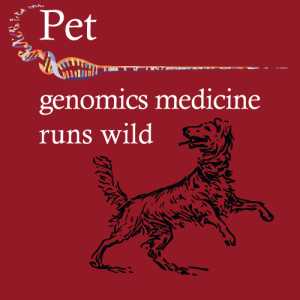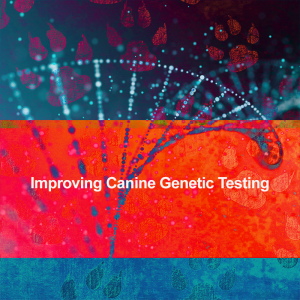DNA Tests: For Use in Breeding Decisions
This section offers resources on issues relative to Molecular-Genetic Tests for use in breeding decisions.
 Donate
DonateDid you find our content interesting or helpful? Help support the IPFD enhance health, well-being and welfare for dogs everywhere.




By using this site, you agree to our Terms of Use.